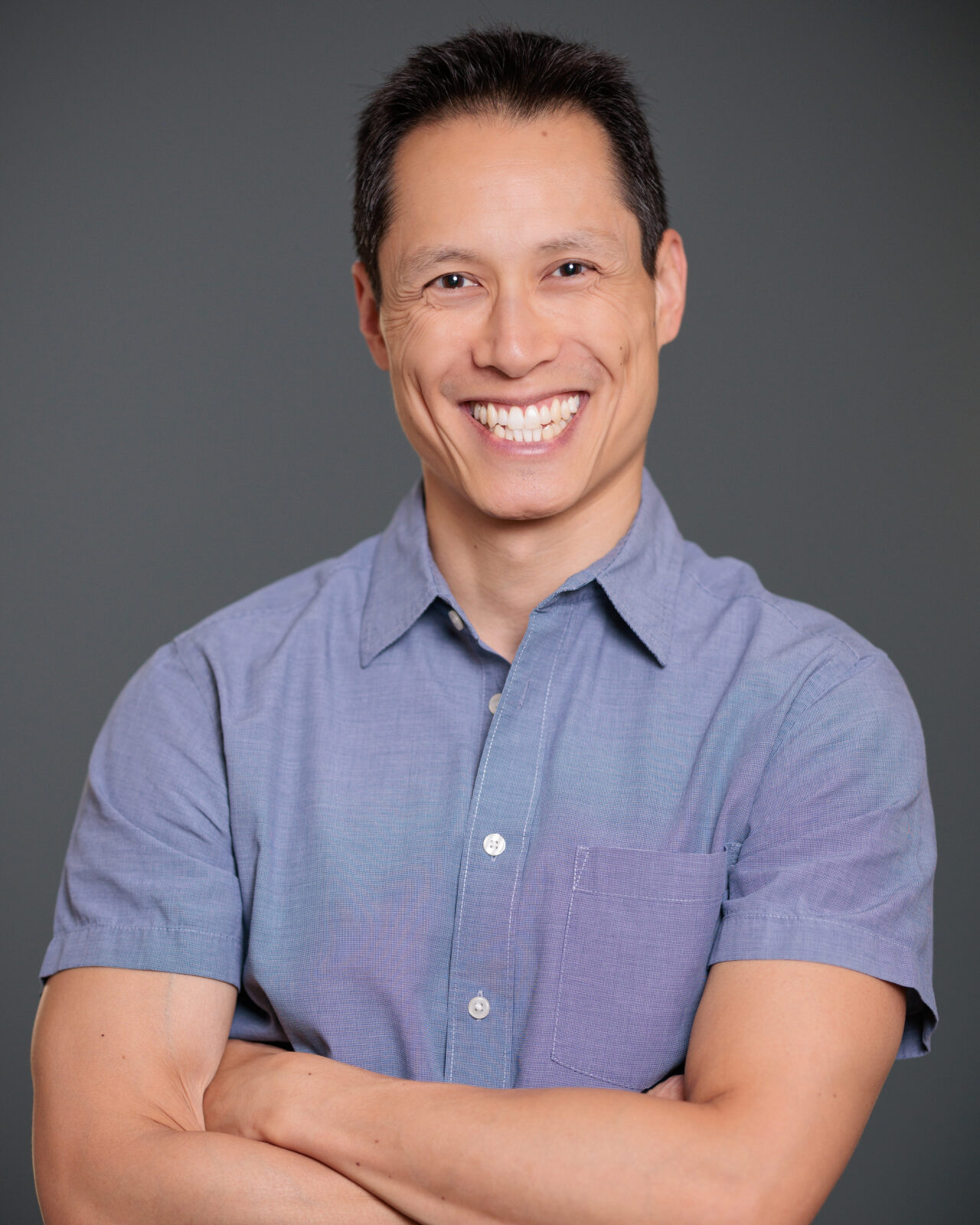Why I Will Charge Less Than I’m Worth Someday

A critical skill physicians must learn is to know and negotiate their own value. Rarely do physicians gain this skill in medical school or residency, and part of my mission at DocEmpowered is making sure physicians understand and get paid what they are worth.
But I have a seemingly contradictory personal confession to make: one day, I want to do the exact opposite. I hope someday to intentionally make LESS than what I’m worth. In both my clinical and my non-clinical work, I dream of intentionally charging less than my worth and market value, delightfully surprising my clients/partners, and delivering incredible value and impact for the rest of my career.
No, it’s not because I’m a pathological people-pleaser. I dream of doing this because when I see the people I admire the most, it’s those who are doing work for the sheer joy and impact of it, and the money doesn’t even matter anymore. I’m thinking of the PCP who left the fee-for-service grind to volunteer at a clinic for uninsured patients only when she wants to. The general surgeon who intentionally charges less than market rate so that he can freely pick only the jobs and shifts he wants. The cardiologist who successfully led a private practice through three recessions and personally funded a leadership institute to help mid-career women cardiologists successfully navigate the personal and professional challenges she faced herself at that stage.
Those are people in the Legacy Stage of financial wellness. They learned and won the financial game already, and their focus is on impact, paying it forward, and serving the next generation. I don’t know whether my legacy will be in the clinical realm, the financial realm, or something I haven’t even started yet – but I know that when my career is finally over, I want to know that I finished it with the sole purpose of leaving a better world for patients and physicians behind me.
I’m not there yet. I’m self-employed with irregular and sometimes unpredictable income streams, and I choose to prioritize my non-professional legacy right now: my legacy of being the husband and father my family deserves, and an active citizen who supports my community with my time and money. I have turned down clinical, speaking, and financial planning gigs not because I didn’t believe in the work, but because I simply wouldn’t be paid enough to cover my financial priorities or justify the loss of precious time with my family. When I am contracting with a new client (clinical or financial), I want to be sure I am creating and maintaining a win-win relationship – if I’m not being paid what I’m worth, I will look elsewhere. I simply must at this point.
But I will never lose track of my professional goal – to one day have the financial and time abundance to freely live my professional mission: advance social justice by treating, empowering or educating everyone I encounter with relentless humanism, optimism and pragmatism. I’m already doing that in my current work, and as I earn what I’m worth and invest what I don’t spend, I am getting gradually closer to that Legacy stage where I don’t need to do it for the money. And when that happens, I will gradually charge less than what I’m worth and perhaps even give it all away so I can leave a better world behind me on my own terms.
So I’ll leave you with a few questions to ask yourself:
- What are the personal and professional legacy goals you want to leave behind?
- How is what you are doing every day bringing you closer to those legacies?
- What skills and habits do you need to develop to make your legacies a reality?

Stanley Liu, MD, FACC is the Founder and Principal Financial Planner of DocEmpowered, LLC. He is also an independent practicing cardiologist, an award-winning medical educator, and the 2024-26 Advocacy Chair of Maryland’s American College of Cardiology Chapter.
Looking for wellness-centered financial planning for physicians, a professional speaker for your organization, or have a financial question for Stan? Book a free discovery call here.
Get more insights by exploring the DocEmpowered Blog.
Blog Post Feature Image Credit: Nathan Lemon on Unsplash